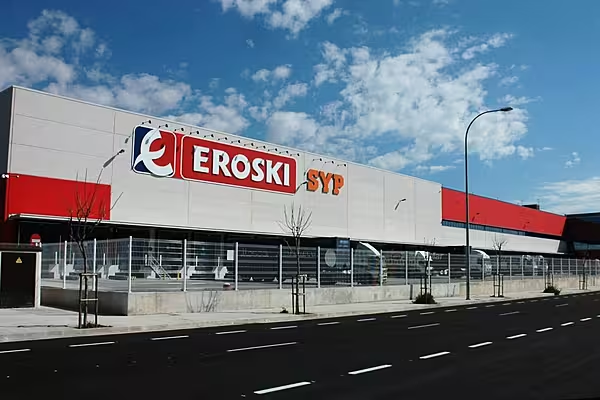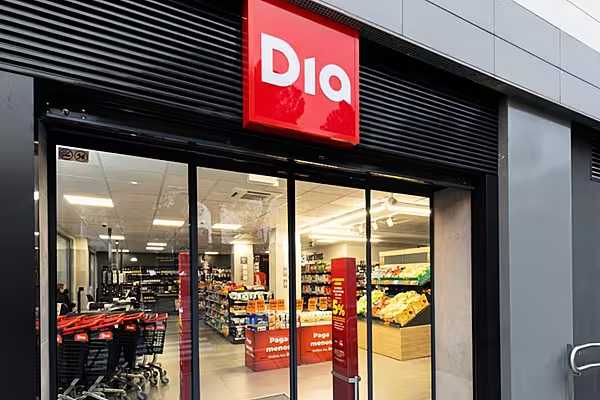Nestlé Spain is seeking to guarantee that the coffee it produces is manufactured sustainably and responsibly, with investment in green energies at its production facilities.
Electricity used in its production plants located in Girona and Reus (Tarragona) comes from renewable energies, with both facilities achieving zero waste standards, Nestlé said in a statement.
The Girona facility's soluble and capsuled coffee facility has reduced CO2 emissions for every tonne of product by 40%, and cubic meters of water produced by 35% between 2010 and 2020.
Elsewhere, its roasted coffee plant in Reus registered a 30% reduction in CO2 emissions, and a 45% reduction in cubic meters of water, also between 2010 and 2020.
“In Spain, Nescafé, the most symbolic coffee brand worldwide, has contributed to this plan from the beginning, as well as to Nestlé’s commitment to reach net zero emissions of greenhouse gases by 2050,” said Silvia Escudé, coffee director at Nestlé Spain.
Sustainable And Recyclable Packaging
Nestlé Spain said it has developed a number of coffee products that are designed to be recycled, as well as a wide range of organic and vegan-friendly variants.
Ecological varieties include Nescafé Gold Organic, the Bonka range of sustainably grown coffee (Bonka Ecológico, Bonka Puro Colombia and Bonka Espresso Natural), and eco-friendly options from Nescafé Dolce Gusto.
Nestlé also founded the non-profit organisation ARECAFÉ, in collaboration with 24 coffee manufacturers, to promote the recycling of its coffee capsules.
In addition, the group has created the Alianza para el Reciclaje de los Pequeños Plásticos (ARPP – alliance for the recycling of small plastics), to promote sustainability, a circular economy.
© 2022 European Supermarket Magazine – your source for the latest A-Brands news. Article by Amanda Merchán. Click subscribe to sign up to ESM: European Supermarket Magazine.











